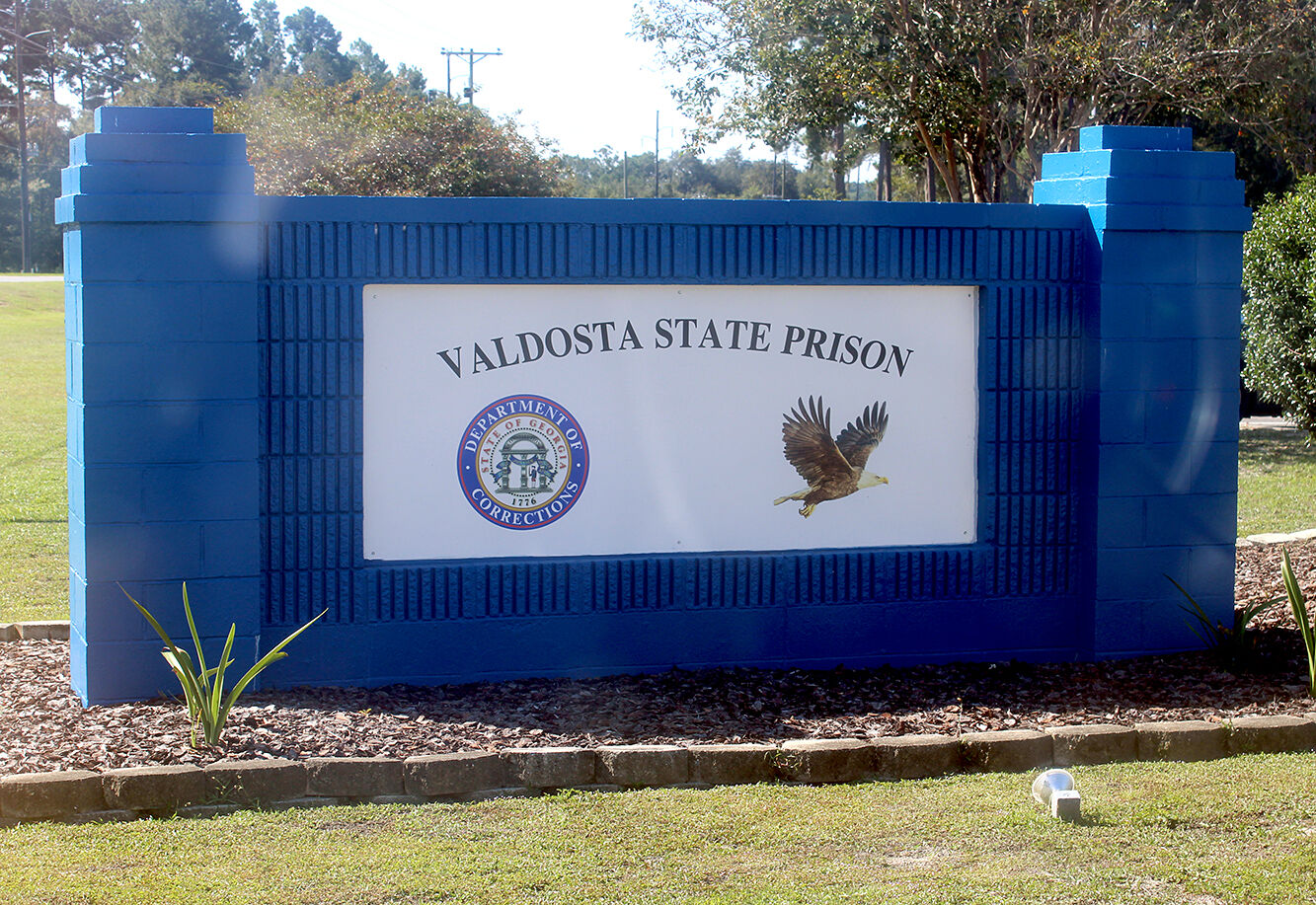EDITORIAL: Open government is the law
Published 9:00 am Friday, June 7, 2024
Open government is the law in Georgia.
Georgia Attorney General Chris Carr, in the forward to Sunshine Laws: A Guide to Open Government in Georgia, wrote, “Openness and transparency are vital to upholding the public trust and maintaining an efficient, well-functioning government and bureaucracy. As your Attorney General, I am pleased to continue a long tradition at the Georgia Department of Law of ensuring our Sunshine Laws are understood and observed.”
In fact, open government is the strong public policy of the state of Georgia and under Carr’s watch the state has launched its first criminal investigation and eventual conviction for a violation of the state’s Sunshine Laws.
The state’s Open Records Act says, flatly, “All public records shall be open for personal inspection and copying, except those which by order of a court of this state or by law are specifically exempted from disclosure.”
The state’s Open Meetings Act says, “The public at all times shall be afforded access to meetings declared open to the public.”
The exceptions to both the Open Records Act and the Open Meetings Act are narrow and limited.
The vast majority of records held by local government agencies are public records and nearly all government meetings must be held out in the open.
Officials must not abuse the law by trying to stretch the application of the few exceptions. The law is very specific about what records can be withheld from public inspection, and when a local government withholds a record from the public, it must give the specific legal exemption that allows it to withhold that record.
In a similar way, the law only allows executive sessions, or closed door meetings, for very specific reasons and those exceptions to the meetings act must be interpreted narrowly.
Government transparency is not a partisan, Republican or Democrat, issue. Open government benefits all the people of Georgia, regardless of political ideology or party affiliation.
All local elected and appointed officials, along with agency records custodians, must take Sunshine Laws seriously. Those who violate either the Open Records Act or Open Meetings Act can face hefty fines and even criminal prosecution for denying, or attempting to thwart, the public’s right to know.
This week is Sunshine Week and the week-long designation shines the light on the public’s right to know.
We remind the public that open government laws are not just for the benefit of government officials or the media. These are your laws.
The records government holds are your records, and the business government deliberates in its meetings is your business.





